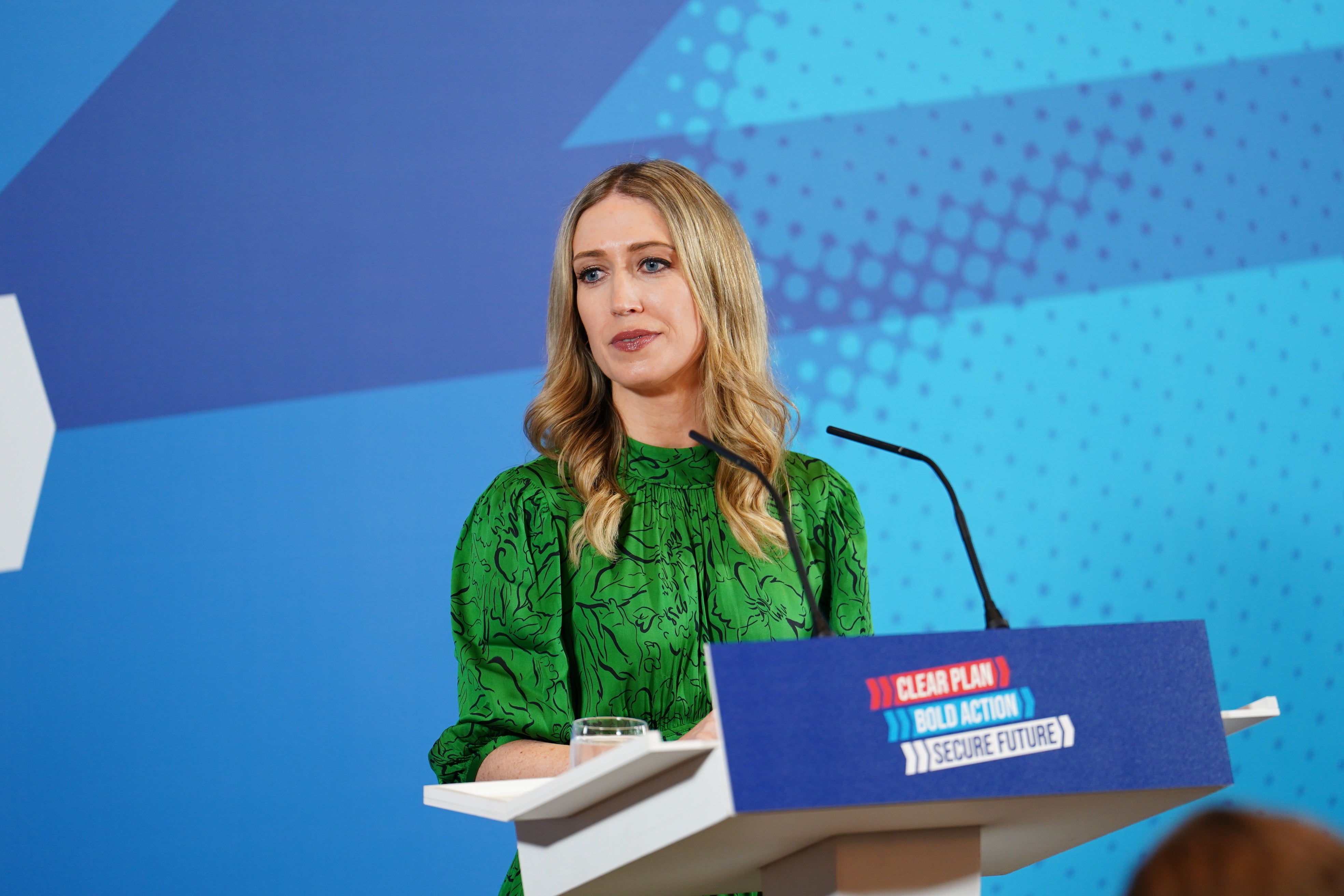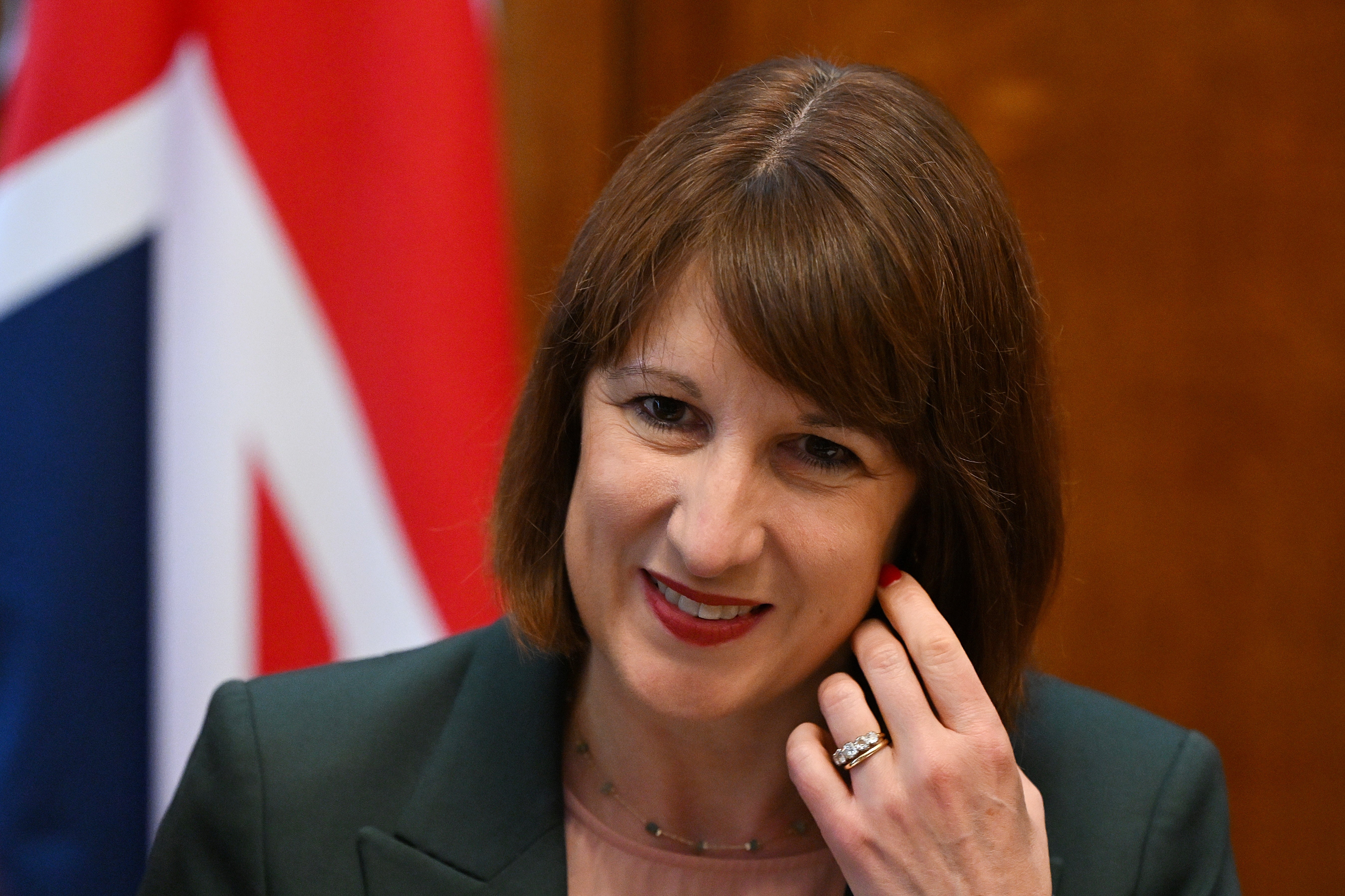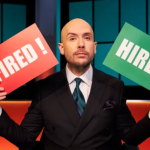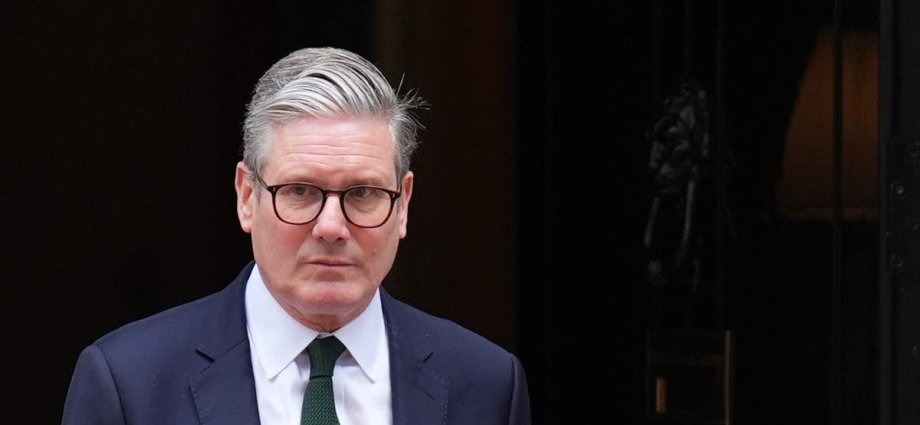The prime minister’s ethics adviser is being urged to investigate the chancellor over the appointment of a party donor to a civil service job, as the cronyism row engulfing the Labour Party continues to escalate.
Ian Corfield, who has donated £20,000 to Labour politicians over the last decade, was made a temporary director of investment at the Treasury last month after a stint as the party’s senior business adviser. Mr Corfield is reported to have resigned as an official to the chancellor, becoming an unpaid adviser instead.
In a letter to the prime minister’s independent ethics adviser Sir Laurie Magnus, shadow Treasury minister Laura Trott urged him to open an investigation into Rachel Reeves for a potential breach of the ministerial code.
She said: “I know you are committed to upholding the very highest standards in public life and will share my belief that the growing scandal of cronyism, linked to political donations, is injurious to those standards.”

The appointment of Mr Corfield, who donated £5,000 to Ms Reeves in 2023, was not subject to an open contest.
While most roles in the civil service are required to be filled through “fair and open competition”, departments are able to apply for an exemption if they secure approval from the Civil Service Commission (CSC).
Mr Corfield’s appointment was approved under these rules, but sources told Politico the regulator was not informed about his prior donations. A government spokesperson said all appointments are made “in line with the civil service rules on recruitment”.
While The Times reported that Mr Corfield would now be working as an unpaid adviser to the Treasury, rather than as a salaried civil servant, Ms Trott said there was a “clear conflict” between Ms Reeves receiving the donation and using an exception to civil service recruitment rules to make the appointment.
Shadow paymaster general John Glen MP welcomed the decision, but added it “would be wise for the government to clarify how many former Labour staffers and party donors have been appointed without fair and open competition”.
He added: “Protecting the independence and integrity of civil servants must be maintained for their benefit as much as anyone.”
Ms Trott said the decision to change Mr Corfield’s position “only seeks to underline how serious this scandal is”.

Under the current rules, Sir Laurie requires the prime minister’s authorisation to open an investigation into a minister, but Sir Keir has previously said the ethics adviser should have the power to begin investigations of his own accord as part of a drive to improve standards in Whitehall.
The latest hire is one of several to have been criticised by the Conservatives, with several people linked to the party or Labour-supporting think tanks taking up roles in the civil service, bringing into question its political impartiality.
Since the election, questions were raised over the appointment of Emily Middleton, a businesswoman whose firm donated more than £65,000 to Labour and was later made a director general in the Department for Science and Technology.
The government is also facing criticism after a former Labour think tank staffer was appointed to a senior Cabinet Office role.
Jess Sargeant, who previously worked for Labour Together, was appointed as a deputy director in the government’s Propriety and Constitution Group (PCG) – a department which oversees ethical standards across Whitehall. The government said her role would be largely limited to House of Lords reform.
Meanwhile, it emerged yesterday that Sir Keir’s biggest personal donor, Waheed Alli, was given a security pass to Downing Street.
Lord Alli, a TV executive who led Labour’s election fundraising, was given unrestricted access to No 10, The Times reported. It is unusual for anyone not formally employed as a political adviser or civil servant to be given such a pass.
Cabinet minister Pat McFadden told Sky News on Sunday : “I don’t think he’s got a pass any more, he may have needed it for a short time in that period immediately after the election. He won’t have been involved in government or policy decisions.”
A government spokesperson said: “We don’t comment on individual appointments and staffing.”











